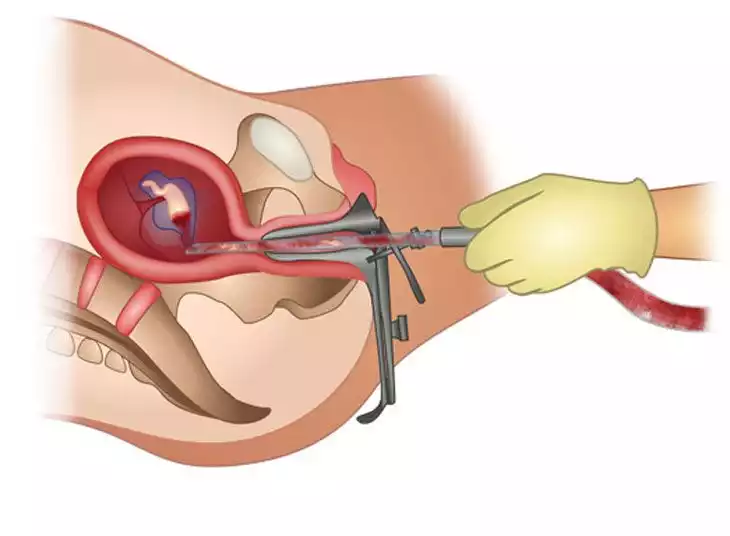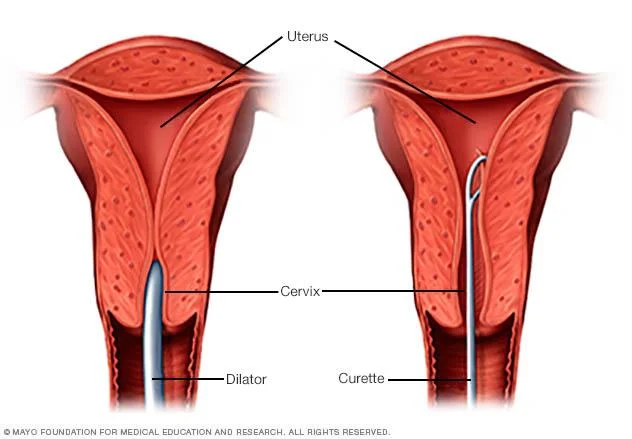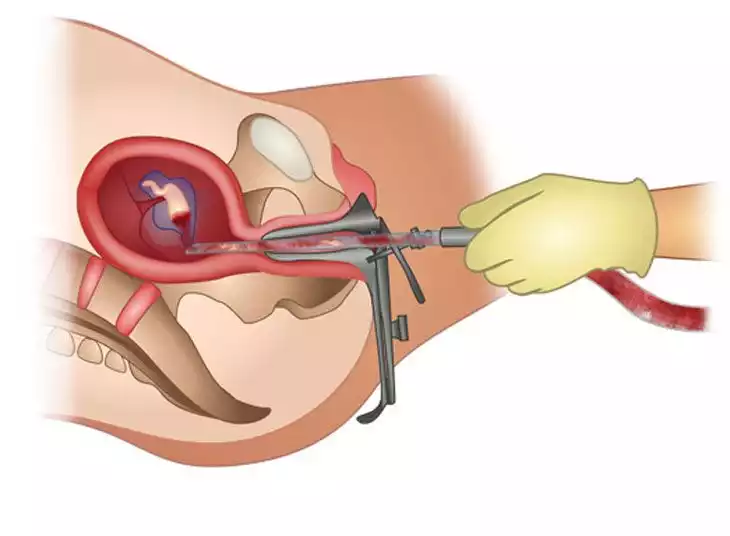Abortion
Abortion is a medical procedure that involves terminating a pregnancy before the fetus can survive independently. It is a highly debated and sensitive topic, often influenced by personal circumstances, health concerns, and ethical beliefs. In this article, we will provide an overview of what abortion is, the reasons why individuals may consider it, and the various methods used. It is important to note that this article aims to provide general information and is not intended as a substitute for professional medical advice. If you have specific questions or concerns about abortion, it is best to consult a healthcare professional.
What is Abortion?
Abortion is the intentional termination of a pregnancy, resulting in the removal or expulsion of the embryo or fetus from the uterus. The decision to have an abortion can be influenced by a range of factors, including:
- Personal Circumstances: Individuals may consider abortion if they believe they are not ready or able to raise a child due to factors such as financial constraints, educational or career goals, or unstable relationships.
- Health Concerns: In some cases, a pregnancy may pose significant risks to the health or life of the pregnant person. These health concerns can be related to physical conditions, such as severe hypertension or heart disease, or mental health issues, such as depression or anxiety disorders.
- Fetal Abnormalities: The detection of severe fetal abnormalities or genetic conditions that may significantly impact the quality of life of the child may lead some individuals to consider abortion.
Types of Abortion:
There are different types of abortion procedures performed depending on the stage of pregnancy and other factors. The two main types of abortion are medical abortion and surgical abortion.
- Medical Abortion: This non-invasive procedure involves the use of medications to terminate the pregnancy. Typically, a combination of two drugs, mifepristone and misoprostol, is used. Mifepristone works by blocking the hormone progesterone, which is necessary for maintaining pregnancy. Misoprostol is then taken to cause contractions and empty the uterus. This procedure is often used for pregnancies in the early stages, up to around 10 weeks.
- Surgical Abortion: Surgical abortion involves a minor procedure performed by a healthcare professional. The two most common types of surgical abortion are:
- Vacuum Aspiration (also known as suction or aspiration abortion): This procedure involves the use of a suction device to remove the contents of the uterus. It is typically performed up to 16 weeks of pregnancy.
- Dilation and Curettage (D&C): D&C is the removal of the uterine lining using a scraping instrument. It is often performed in the first trimester.
- Dilation and Evacuation (D&E): D&E is a procedure performed after 16 weeks of pregnancy. It involves dilating the cervix and removing the fetus using suction and medical instruments.
Legality:
The laws regarding abortion vary significantly from country to country, and even within regions or states of the same country. In some places, abortion is legally allowed, while in others, it may be heavily restricted or prohibited entirely. It is important to understand and abide by the laws of the jurisdiction one resides in. Additionally, regulations regarding abortion clinics, gestational limits, and parental consent requirements may vary as well.
Risks and Complications:
As with any medical procedure, there are potential risks and complications associated with abortion. These can include:
- Excessive bleeding;
- Infection;
- Damage to the uterus or other organs;
- Allergic reactions to medications used during the procedure;
- Emotional and psychological distress
It is crucial to seek appropriate medical care before, during, and after the abortion procedure to minimize potential risks and complications. Qualified healthcare professionals can provide guidance, support, and address any concerns or questions.
Conclusion:
Abortion is a complex and sensitive topic. It is essential for individuals considering or seeking abortion to have accurate information about the available options, the associated risks, and the laws governing the procedure in their jurisdiction. It is crucial to engage with healthcare professionals who can provide personalized advice and support based on individual circumstances.
If you have questions or concerns about abortion, it is always recommended to consult a healthcare professional or a trusted organization that specializes in reproductive health.

 Français
Français Deutsch
Deutsch Español
Español Русский
Русский










